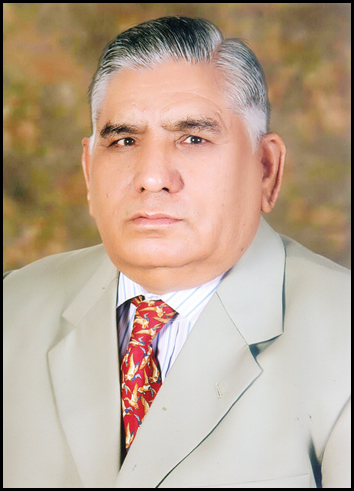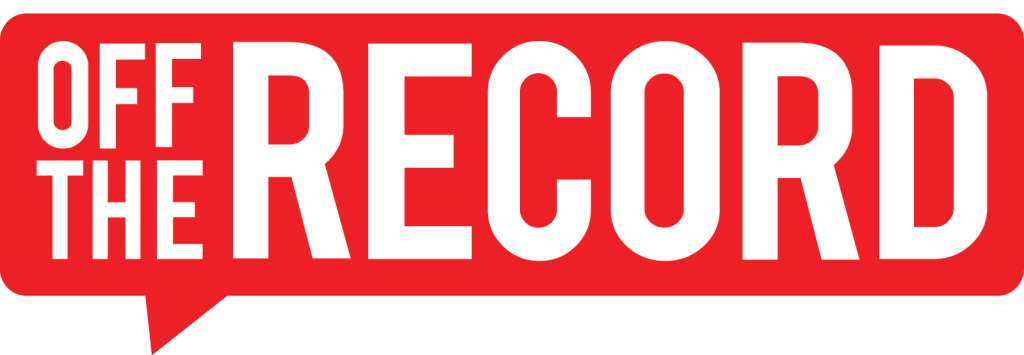

Shaukat Ali Jawaid
World Health Organization has recently updated and released its new edition of Model List of Essential Medicines and Essential Medicine for Children (EMLc). This list also includes drugs used for treatment of important cancers and diabetes. This is the 24th Edition of WHO EML and the 10th edition of EMLc.
WHO had taken this initiative many years ago and this list is periodically updated keeping in view the requirements. It includes drugs used for priority health needs of the population. This list, it may be mentioned here has been adopted by over one hundred fifty countries serving as a basis for public sector procurement, supply of medicines and health insurance as well as reimbursement schemes.
These essential medicines are selected keeping in view the disease prevalence and public health relevance, evidence of efficacy and safety and comparative cost effectiveness. They are intended to be always available in functioning health systems, in appropriate dosage forms, of assured quality and at prices which the individuals and the health systems can afford.
Unfortunately, Pakistan has so far failed to adopt this list. Thanks to the corrupt elements in healthcare professionals, health planners, bureaucracy and pharmaceutical industry as well. While we always complain of meagre allocations for health sector, we also fail to effectively judiciously use the available resources. In the 80s an effort was made and at a meeting attended by representatives of most of the professional specialty organizations a list was prepared. The meeting was organized by Federal Health Ministry and it was held at the National Institute of Health Islamabad. Dr. F.R. Y.Fazli the then Drugs Controller had also played a vital role in this meeting. Prof. Lt. General Mahmud Ahmed Akhtar the former Surgeon General of Pakistan Army and Principal of Army Medial College who has special interest in clinical pharmacology chaired the meeting. This list was finally approved and published in a booklet form and released at one of the WHO World Health Assembly meetings when Prof. Imdad Baloch was the Director General of Health in the Federal Health Ministry. However, it was never implemented for a single day for reasons which are not difficult to understand.
Prof. Lt. Gen. Mahmud Ahmed Akhtar has highlighted this failure from time to time but it all fell on deaf ears. After the 18th constitutional amendment, health also became a provincial subject but the federal government could have announced the policy guidelines and called upon the provincial governments to implement it but it never happened.
Mr. Zahid Saeed a former Chairman of Pakistan Pharmaceutical Manufacturers Association (PPMA) speaking at a conference had also announced that it needs just about sixty billion rupees and all the essential drugs can be made available at all the healthcare facilities in the public sector which will cover all the common diseases. He had further suggested that the federal government can contribute thirty billion rupees while the rest thirty Billion can be contributed by the provinces. The pharma industry is willing to help government but the greedy, corrupt elements in health services which includes health planners, bureaucrats, healthcare professionals in public sector have never shown any interest.
We need to take on this Mafia group and if there is a political will and determination, it is not at all difficult to adopt the WHO Essential Medicines List which will go a long way in overcoming the complaints of non-availability of even essential drugs at public sector healthcare facilities. If one hundred fifty countries of the world have found it useful and adopted, why Pakistan cannot take benefit from this initiative. If need be we can make some modifications in this list keeping in view our requirements. It will definitely result in tremendous saving on purchase of drugs and medicine in the public sector.



